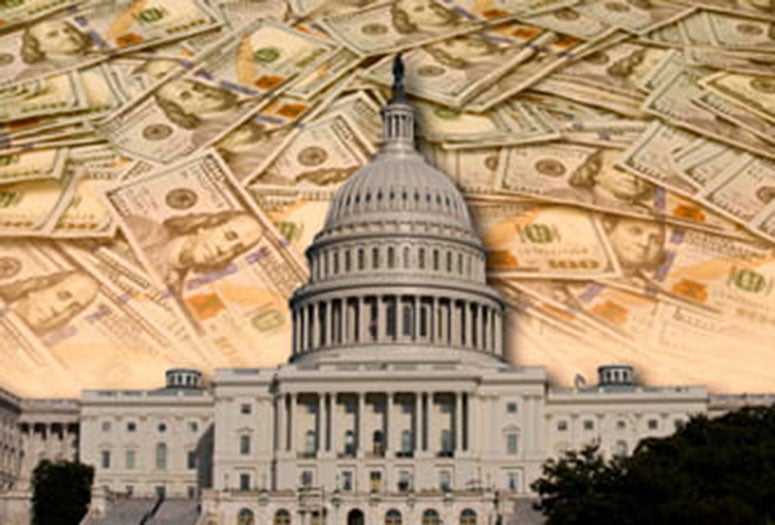HOUSTON – (April 28, 2020) – Over the past decade, U.S. federal debt as a share of the economy has grown to levels not reached since the aftermath of World War II.
Recent tax cuts and the ongoing fiscal stimulus related to the COVID-19 pandemic have placed U.S. debt on an unstable and unprecedented path moving forward, according to an economics expert at Rice University's Baker Institute for Public Policy.
Gauging the long-term sustainability of federal debt hinges on projections of one key underlying variable: the interest rate, said Jorge Barro, fellow in public finance at the Baker Institute. He is available to discuss with the news media how federal debt projections and the interest rate are both tied to demographic transformations underway in the U.S. and across the world.
Barro said domestic and international savings are high and growing, so financial markets should be able to absorb the flow of new debt without crowding out private sector investment.
"We’ll eventually need to pay off these trillions in fiscal stimulus corresponding to the pandemic," he said. "That will require distortionary taxes or spending reductions that should be included as costs associated with the quarantine."
Barro's area of research involves the development of dynamic macroeconomic models for fiscal policy evaluation. Prior to joining the institute, Barro was an economist at the University of Pennsylvania’s Wharton Public Policy Initiative, where he led the development of its dynamic macroeconomic model and helped launch the nonpartisan Penn Wharton Budget Model.
To schedule an interview with Barro or for more information, contact Jeff Falk, director of national media relations at Rice, at jfalk@rice.edu or 713-348-6775.
-30-
Related materials:
Barro bio: www.bakerinstitute.org/experts/jorge-barro
Follow the Baker Institute via Twitter @BakerInstitute.
Follow Rice News and Media Relations via Twitter @RiceUNews.
Founded in 1993, Rice University’s Baker Institute ranks as the No. 2 university-affiliated think tank in the world and the No. 1 energy think tank in the world. As a premier nonpartisan think tank, the institute conducts research on domestic and foreign policy issues with the goal of bridging the gap between the theory and practice of public policy. The institute’s strong track record of achievement reflects the work of its endowed fellows, Rice University faculty scholars and staff, coupled with its outreach to the Rice student body through fellow-taught classes — including a public policy course — and student leadership and internship programs. Learn more about the institute at www.bakerinstitute.org or on the institute’s blog, http://blog.bakerinstitute.org.

